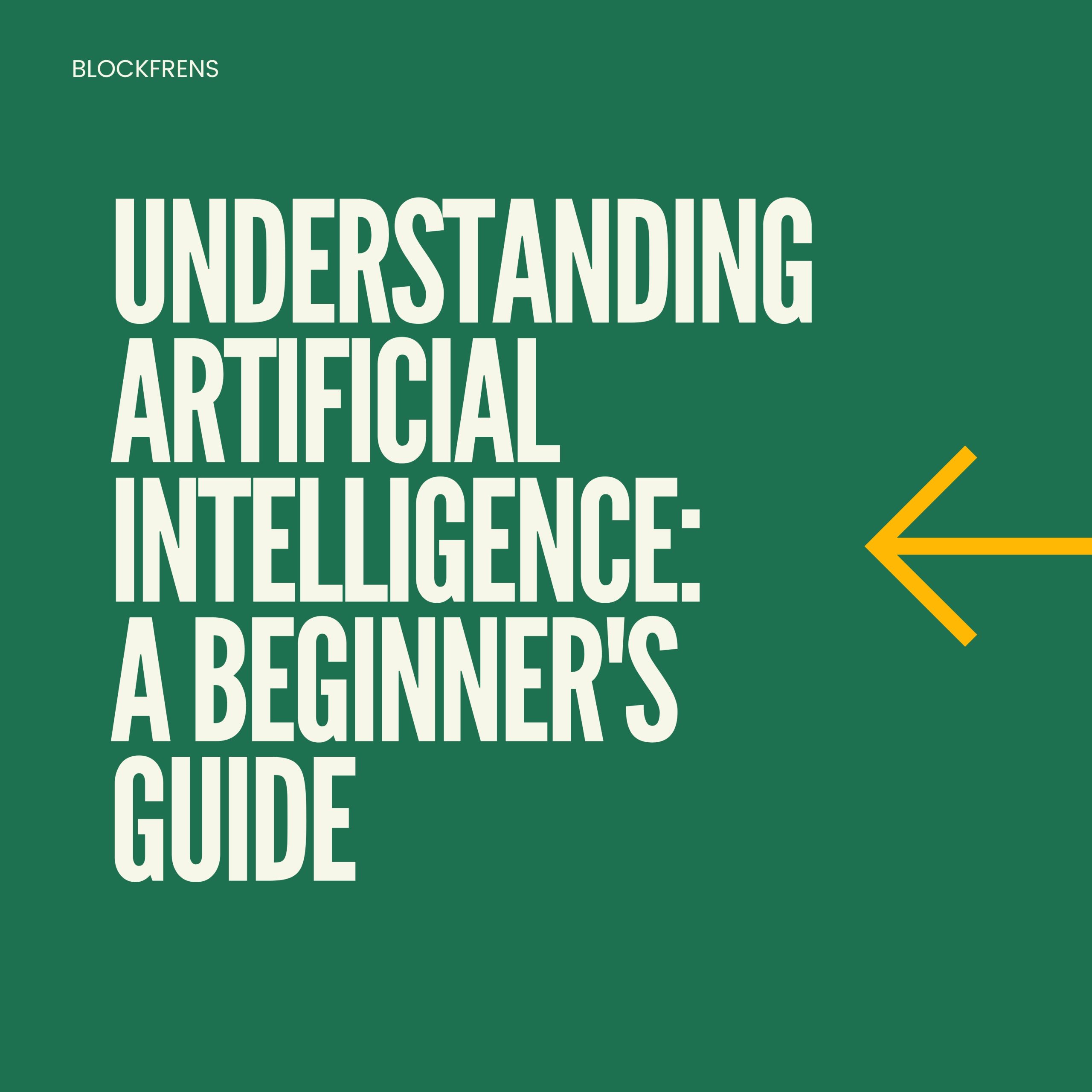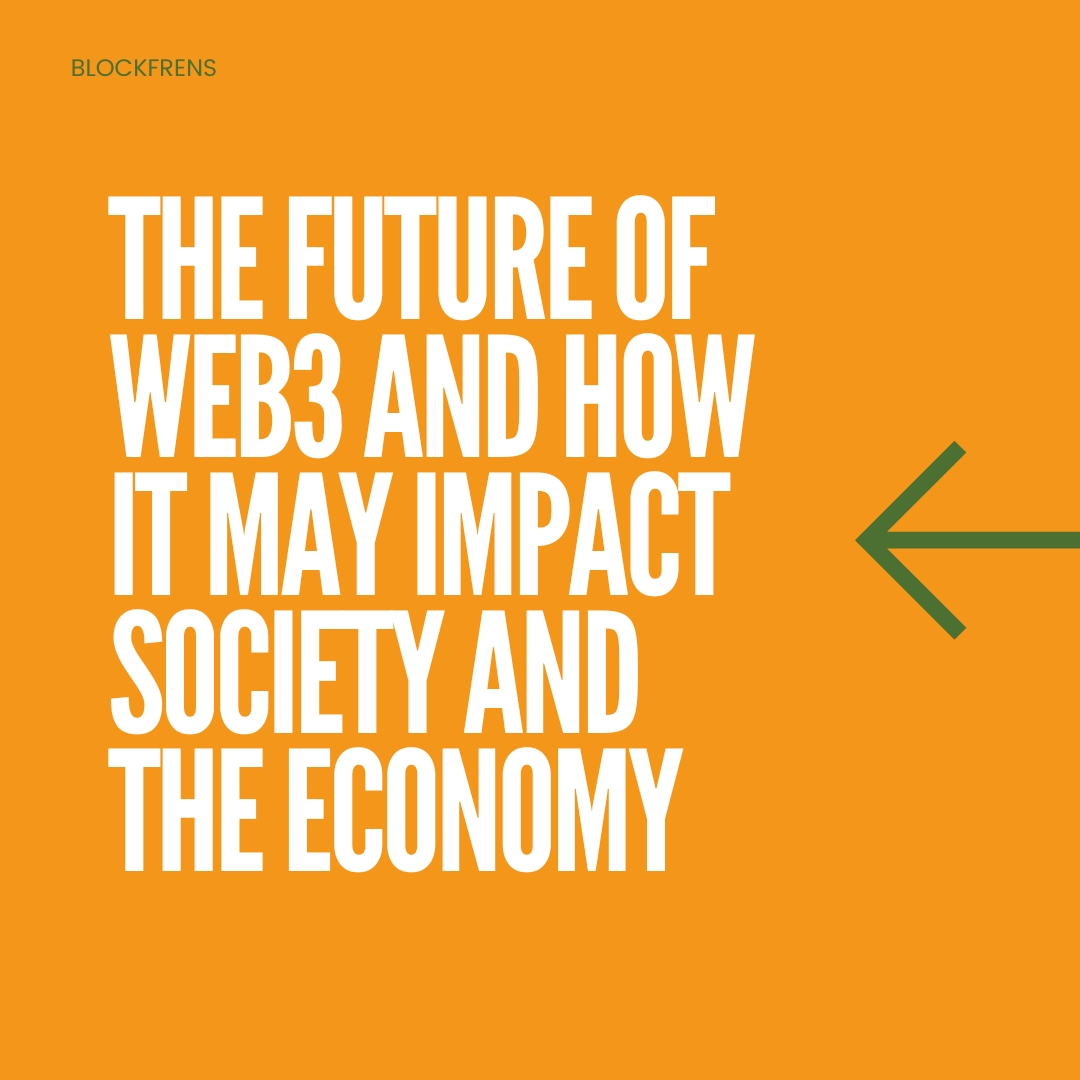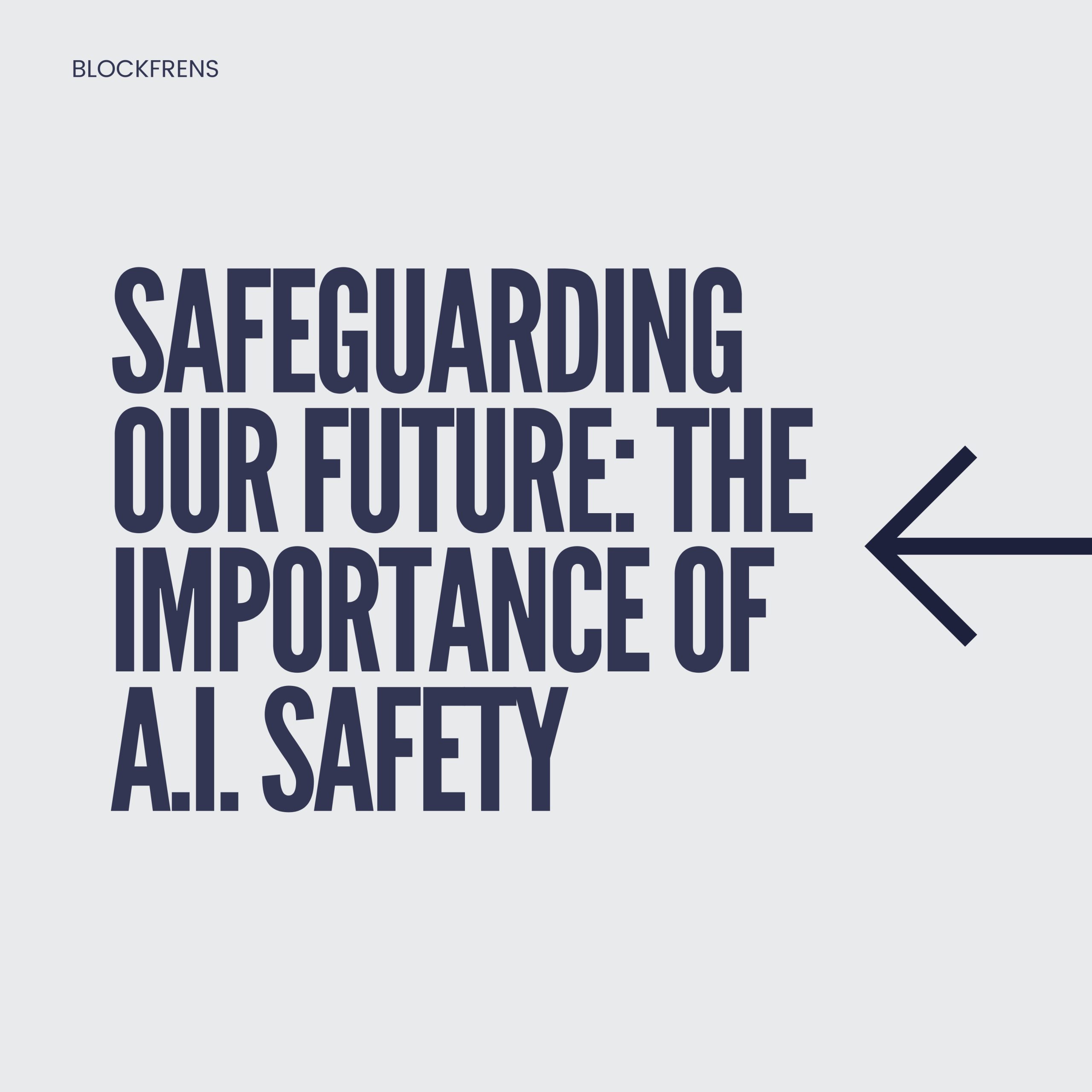Understanding Artificial Intelligence: A Beginner’s Guide
Artificial Intelligence (A.I.) has become a ubiquitous part of our daily lives, influencing everything from the way we communicate to the way we work. At Blockfrens, we are committed to making technology accessible and understandable to everyone, regardless of their background. In this beginner’s guide, we will provide a comprehensive introduction to A.I., covering its basics, history, and potential applications across various industries.
What is Artificial Intelligence?
- Artificial Intelligence, or A.I., refers to the development of computer systems that can perform tasks that would typically require human intelligence. These tasks include learning, reasoning, problem-solving, perception, and understanding natural language. A.I. systems can be categorized into two types:
- Narrow A.I.: Also known as weak A.I., these systems are designed to perform specific tasks and operate within a limited scope. Examples include virtual assistants like Siri or Alexa, and recommendation systems used by streaming services like Netflix or Spotify.
- General A.I.: Also known as strong A.I., these systems can perform any intellectual task that a human being can do, possessing cognitive abilities similar to human intelligence. General A.I. is still a theoretical concept and has not yet been achieved.
A Brief History of A.I.
The concept of artificial intelligence has its roots in ancient history, with philosophers and mathematicians exploring the possibility of creating intelligent machines. The modern field of A.I., however, began in the mid-20th century, with notable milestones including:
- 1950 – Alan Turing introduced the Turing Test, a method for determining whether a machine could exhibit intelligent behavior indistinguishable from that of a human.
- 1956 – The Dartmouth Conference marked the birth of A.I. as a research discipline, bringing together leading scientists and mathematicians to explore the potential of machines to simulate human intelligence.
- 1960s-1970s – Early A.I. research focused on symbolic reasoning and problem-solving, resulting in the development of rule-based systems and early natural language processing.
- 1980s – The emergence of expert systems, which used knowledge-based approaches to solve complex problems in specific domains, like medical diagnosis or financial planning.
- 1990s – The rise of machine learning, enabling computers to learn from data and improve their performance over time without explicit programming.
- 2010s – The advent of deep learning, a subset of machine learning that uses artificial neural networks to model complex patterns in data, driving significant advancements in A.I. capabilities.
Applications of A.I. in Various Industries
A.I. has the potential to revolutionize numerous industries, including:
- Healthcare: A.I. can assist in medical diagnosis, drug discovery, and personalized treatment plans, improving patient outcomes and reducing healthcare costs.
- Education: Adaptive learning platforms and intelligent tutoring systems can provide personalized education experiences, tailoring content and pacing to individual learners’ needs.
- Finance: A.I. can enhance fraud detection, risk assessment, and portfolio management, enabling more informed financial decision-making.
- Manufacturing: A.I.-driven automation and predictive maintenance can increase efficiency and reduce downtime in production processes.
- Agriculture: Precision farming techniques, powered by A.I., can optimize crop management, reduce resource consumption, and increase overall yield.
- Transportation: Self-driving cars, intelligent traffic management systems, and optimized logistics can revolutionize the way we travel and transport goods.
- Entertainment: A.I. can enhance content creation, recommendation systems, and user experiences in the gaming, music, and film industries.
Challenges and Ethical Considerations
As A.I. continues to advance, it is essential to address challenges and ethical concerns, such as:
- Data privacy and security: Ensuring responsible data usage and safeguarding personal information in A.I. systems.
- Bias and fairness: Preventing discrimination by addressing biases present in training data and algorithmic decision-making.
- Accountability and transparency: Establishing clear guidelines and standards for A.I. system development, deployment, and oversight.
- Job displacement: Addressing the potential impact of A.I. on employment and providing opportunities for workforce re-skilling and up-skilling.
- Ensuring the ethical use of A.I.: Avoiding potential misuse of A.I. in surveillance, misinformation, or other harmful applications.
Artificial Intelligence is a rapidly evolving field with the potential to transform our lives and industries in countless ways. By understanding the basics, history, and potential applications of A.I., we can harness its power responsibly and ensure that its benefits are shared by all.
As a nonprofit organization, Blockfrens is committed to fostering a greater understanding of A.I. and promoting its ethical and inclusive development to create a better future for everyone.




Leave a Reply
You must be logged in to post a comment.